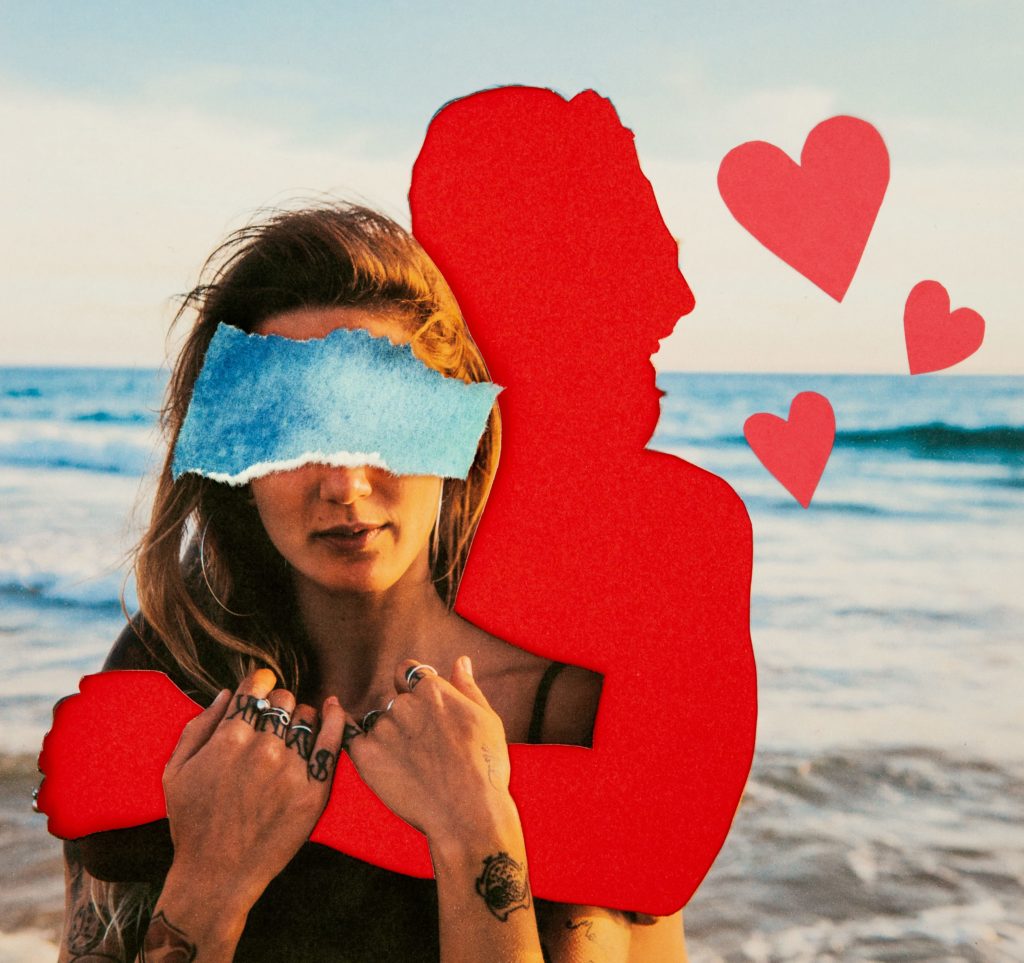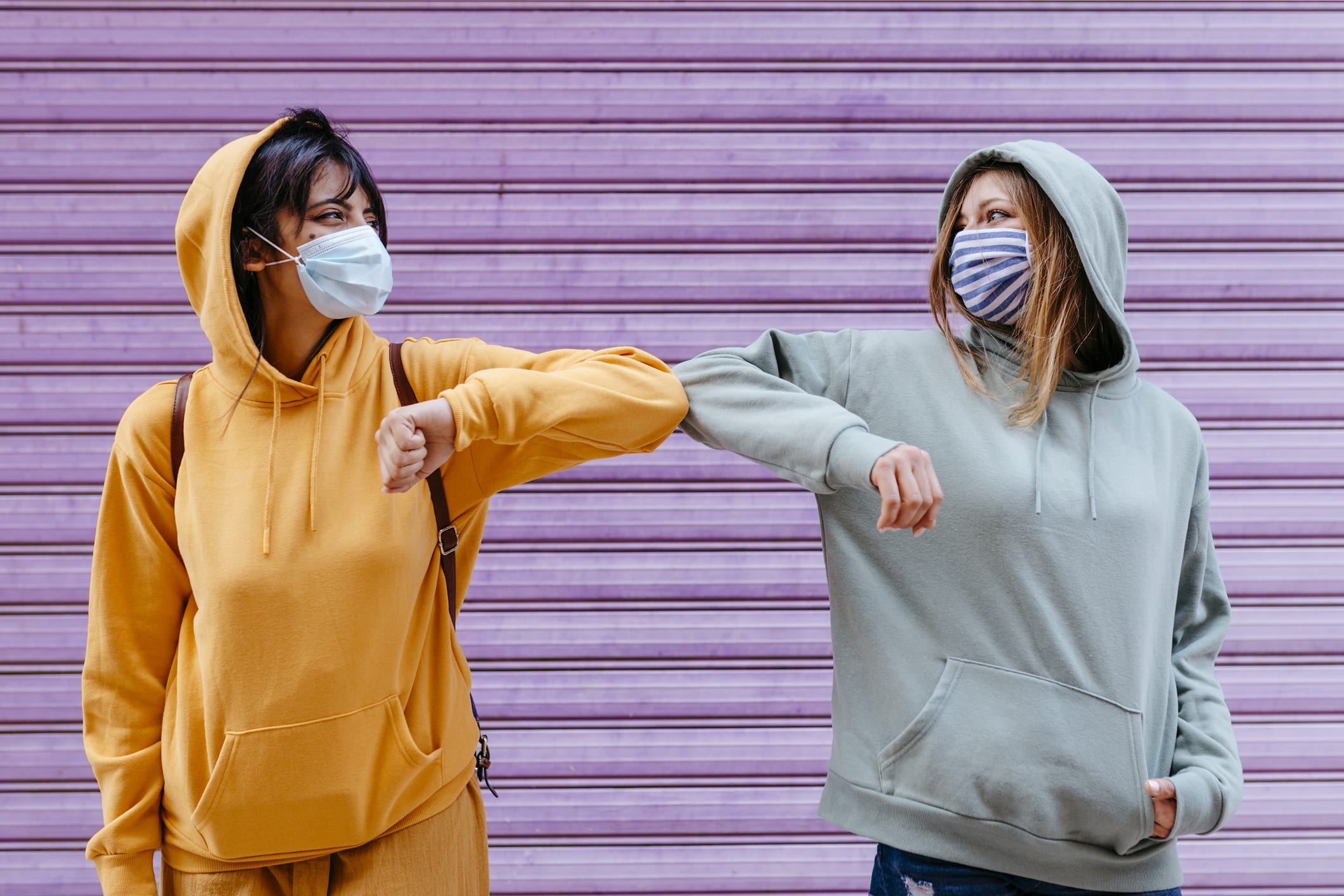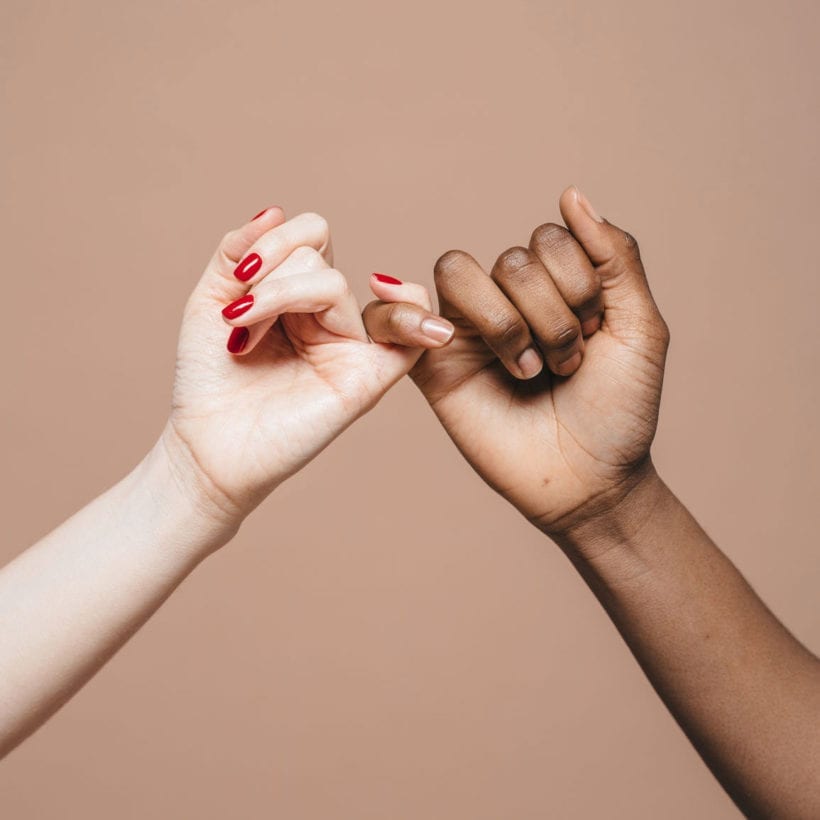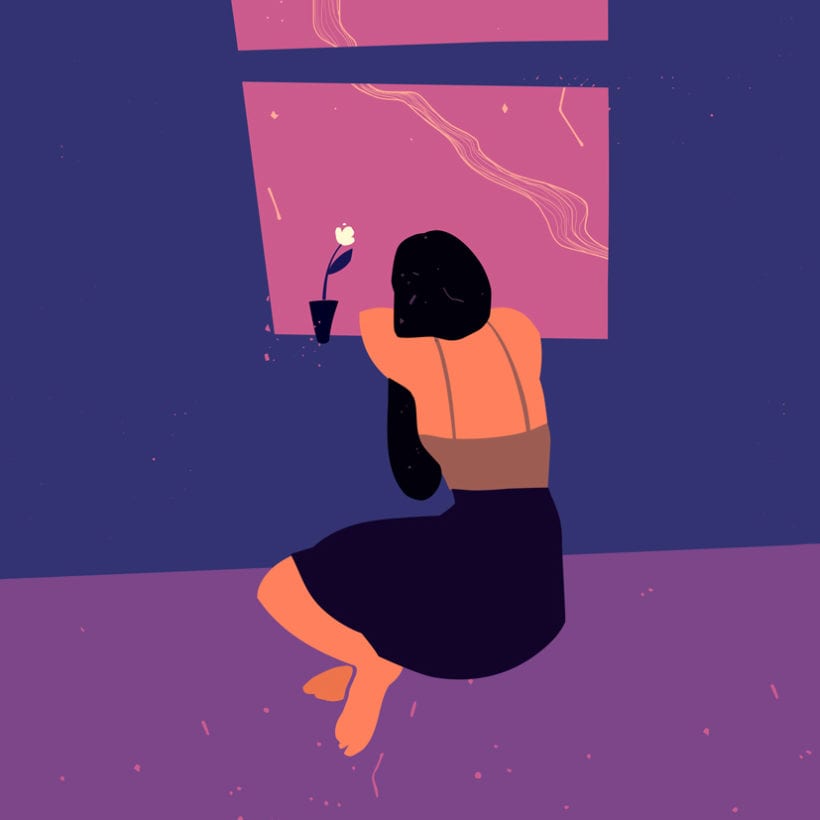The COVID-19 pandemic changed everything about our routines, our perspective on global health and our relationships with other people. And while some friendships may have been strengthened during a time of crisis, others may have fallen apart under pressure. As difficult as it is to mourn and release a bond you once shared with a close confidant, sometimes, it may be for the best. Or the friendship you had was held on a more surface-level foundation. Whatever the cause, allowing yourself to process and grieve will help you move forward and invest in those friendships that can last the long haul. Here, mental health experts share how to do just that:
How COVID-19 could have changed friendships.
In the peak of COVID-19 cases, a slew of restrictions prevented us from gathering in person. It also challenged us to think deeply about how we approach health and what measures we are willing to take to protect others. Many of the choices we made during this time impacted our friendships. And in some cases, changed them forever.
Here, a few reasons why the pandemic may have caused you and a former friend to pull apart:
You handled it differently.
There’s no way around it: COVID-19 became a very heated political debate. While some people were happy to wear masks, others refused. Many accepted a work-remote set-up, while many fought against it. If you and your friend handled and responded to the pandemic differently, it could have polarized your relationship, says psychologist Dr. Yvonne Thomas, Ph.D.

“If friends differ in if they think COVID-19 is worse than the flu or not, there is already a fundamental divergence in how serious people are or aren’t taking it,” she explains. “Friends who vary so widely in their views and actions related to the pandemic/COVID-19 might have had difficulty understanding and accepting each other’s opposing perspectives.”
You had a distance to assess the health of the friendship.
Sometimes getting some distance is a good thing. But it can also be eye-opening, says Jenny Black, an author and a licensed marriage and family therapist. As she explains, social-distancing requirements forced us all to take space, which could have allowed us to assess the health of our friendships.
“Just like absence can make the heart grow fonder, absence can also help one realize that the relationship was not a good one,” she continues. “Social distancing has also been a gift for people in toxic relationships where it was difficult to set boundaries or for stated boundaries to be respected. Once we get distance from toxic relationships, we are much more likely to access our own resources and find the power to make different choices.”
You lost touch.
Without the regular routines of happy hours, workout classes, birthdays and other celebrations, it was easy to lose touch with friends during the pandemic. Unless both parties are trying to remain connected, you could have gone weeks — or months — without chatting. Even if it was unintentional, Dr. Thomas says different life stages could have pulled friends even further apart.
Some people had a baby, lost their job, went through financial hardship, experienced physical and/or emotional problems, suffered the loss of a loved one, went through a breakup or dealt with home school. “Reasons such as these can distract and weigh down a person to the point of time, and connections to others get lost,” she continues. “During the pandemic/COVID-19, many people have just been trying to cope with what is directly in their world and have lost sight of much else, including friendships.”
How to accept and let go of the friendship.
Much like heartbreak, the end of a friendship can create sadness, frustration, longing and stress. However, processing all of these emotions is the most effective way to move forward.
Allow your other friendships to shine.
As the pandemic ends, many people will move forward and mend friendships stressed by the pandemic. However, on the other hand, if you really can’t fix a friendship, it might be for the best, says sex expert and educator Kenneth Play. Instead of wasting energy and spirit on a friendship that has died, it’s better to form new bonds and nourish relationships that feel more healthy.

“Sometimes being under high stress with someone shows us another side of them that we hadn’t seen before. If this new side is something you really can’t cope with, it’s alright to allow yourself to let things go,” he continues. “Not everything is meant to last forever.”
Also, it’s important to remember that we have all gotten to know ourselves on a deeper level during the pandemic. So now, we probably know more about what we require in all relationships, including friendship. “As the pandemic comes to a close, the positive challenge will be to hold on to the self-knowledge we’ve gained in this year of relative solitude,” he says. “To put it simply, be true to yourself and brave enough to acknowledge what is and isn’t in alignment with who you are.”
Assess the loss.
Sometimes we can get lost in our emotions rather than doubling down on reality. To do this, Black suggests asking yourself pointed questions to assess — and thus process — the loss. These include:
- What was the quality of the friendship that ended?
- Was it a soul-mate or a Facebook-only friend?
- Did you see this person regularly?
- Was it a friend from a different time of life when both of you were different people?
- Not all relationships are made to last a lifetime. Was it time for this relationship to end?
- Had it been time for a while, or was it sudden?
“If it was a big loss, take the time you need to grieve the relationships and get the care you need to process through it,” she adds.
Allow yourself to grieve.

While many traditionally think of grieving as related to the death of a loved one, grief can also take form when anything comes to an end, including a friendship. Cultural architect Dr. Kerry Mitchell Brown, Ph.D, says it’s vital not to suppress your emotions and to acknowledge the feelings you’re experiencing.
“When there are situations where things are just beyond repair, and there is no acceptable resolution, engage in the process of closing ‘unfinished business,’” she continues. “Even if that means acknowledging or accepting that things will remain unresolved.”
Lastly, remember this: Friendships are important. But as Dr. Brown reminds us, we don’t need a ton of them — but having strong ones make a huge difference during times like these. Let go of the rest.







